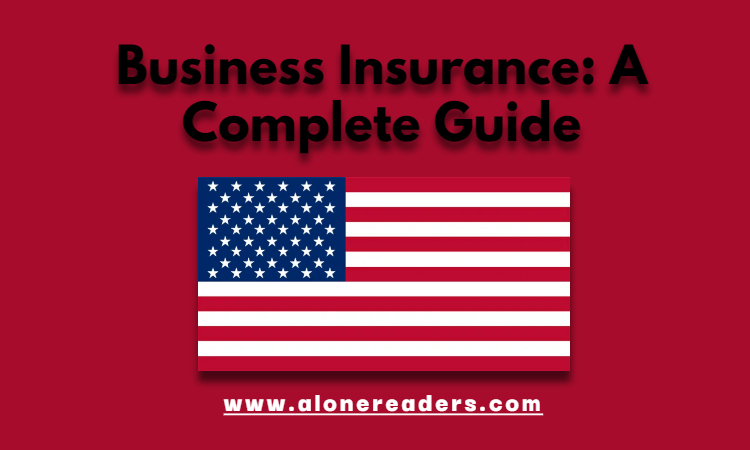
Business insurance shields organizations from any financial loss or harm suffered as a result of normal business activities. A policyholder receives protection from risks relating to workers, property damage, and legal liabilities. Such incidents could seriously harm your company. It frequently results in the partial or total closure of the business, which causes a loss of revenue.
Business insurance is a type of insurance that helps a business in defending its financial resources, intellectual property, and physical location against an unexpected event that results in significant financial losses. It protects the insured company against any harm or loss caused by calamities, theft, vandalism, lawsuits, lost income, illnesses, accidents, or deaths of employees.
Business insurance also referred to as "business insurance," is a general term for several types of insurance that you can buy. Actually, if you research business insurance, you may discover that there are virtually as many different types of coverage as there are businesses. Depending on the level of coverage you choose and the type of insurance you need, business insurance can cover a range of things:
Another option is to purchase a business owner's policy (BOP), which is a bundle of insurance that combines general liability, commercial property, and business income insurance under a single policy.
Usually, liability and property damage are the only things that business insurance policies cover. This puts your business at risk for lawsuits resulting from events that aren't covered by typical commercial liability insurance:
A variety of choices are available for business coverage. The type of insurance your company needs will depend on factors including its size, location, industry, and number of employees. Your insurance requirements may alter as the business develops; it is likely.
These are three common business insurance types and the coverage they provide:
Commercial property insurance
Depending on the policy, commercial property insurance covers damage to your company's property caused by fire, storms, theft, and other property-related calamities. However, flooding is typically not covered by these policies, necessitating extra insurance.
Business personal property, business income, commercial car, commercial flood, and home-based business insurance are typical varieties of commercial property insurance plans.
The following situations may necessitate purchasing commercial property insurance:
Liability coverage
Legal liability coverage is offered by liability protection plans for every potential legal action against your business. This covers physical harm, property damage brought on by your business, harm from advertising, unfair hiring or firing practices, and errors or omissions. General, commercial umbrella, directors and officers, and professional liability insurance are examples of common liability plans.
The following circumstances could necessitate liability insurance:
Employee insurance
Workers' compensation typically takes the place of legal action and compensates your employees for missed pay if they are hurt at work and unable to work. If neither of those two options leaves enough money to pay an employee's expenses, the employer's liability insurance kicks in.
The following circumstances can necessitate employee insurance:
The following are some advantages of company insurance plans:
Small business owners must carefully study and evaluate their company's demands because they face significant financial risk in the event of a loss. The business owner must engage with a qualified, experienced, and trustworthy insurance agent if they do not believe they are capable of evaluating business risk and the need for insurance coverage. SMEs are protected by business insurance from a variety of risks, including fire, theft, professional liability, general third-party liability, compensation for injured personnel, and medical costs.
While purchasing company insurance, you should take into consideration the following:
Business insurance defends businesses from the losses brought on by unexpected incidents, such as property damage, lawsuits, lost income, theft, employee sickness and injuries, and workers' compensation. Simply put, your business insurance repays your organization for the costs in the event of harm or loss, either entirely or partially. Consider commercial insurance as an extra layer of security.